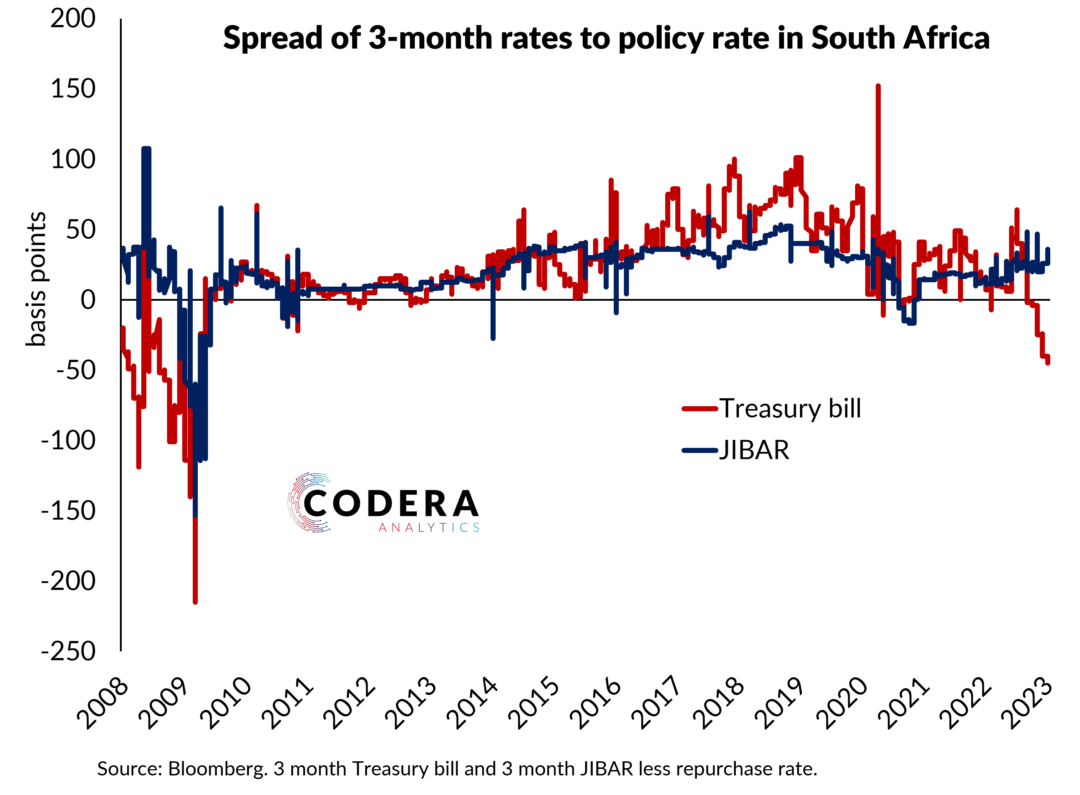An important policy question is how to reduce waste and inefficiency in public expenditure and ensure balanced public budgets without threatening service delivery. This recent paper suggests that less stringent fiscal rules rules tend to have a negative impact on public sector efficiency.
Fiscal rules are constraints on budget expenditure, revenue, deficit or debt that are meant to address pressures to overspend, thereby ensuring the sustainability of public finances. The definition of efficiency used in the paper is ‘how much public spending can be reduced without changing the level of public goods and services provision’. The implication is that stricter rules are likely to be more effective. Such rules should also have consideration for spending efficiency in their design – weak or less developed fiscal rules may ‘constrain decision-making on resource allocation and/or create incentives to raise taxes’.
Although the paper has a large country coverage (50 countries), it only covers the period 2016 to 2019. Countries with the lowest efficiency scores (i.e. that could cut government spending without changing output) include Argentina, Brazil, Russia and Greece, who according to the estimated measures could have reduced spending by more than 30% without affecting service provision. The highest efficiency scores are found for Switzerland, Ireland, Sweden, Israel and Australia.
Work by the IMF suggests that while many countries have fiscal rules (over 100 countries in 2021), this has not prevented the build-up of debt, in part because countries deviated from their rules in order to respond to the global financial crisis and COVID-19 pandemic. The most common fiscal rule is a combination of a debt rule and limits on expenditures and/or budget balance.
Footnotes
The paper features a lot of caveats – mainly related to the measurement of fiscal rules and public sector efficiency and the short sample used.
South Africa is not included in the IMF Fiscal Rules Dataset used in the paper.

